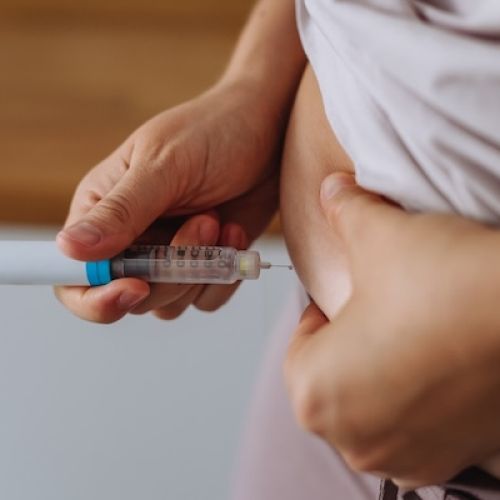How to Naturally Increase Fertility

Infertility is draining and frustrating and if you’re struggling to get pregnant, you may be searching for answers on how to naturally increase fertility. There are factors that contribute to infertility that are beyond your control, but the good news is that there are several lifestyle changes you can make that may help to improve your fertility.
The team of fertility specialists at the Center for Reproductive Health is committed to working with you to teach you what you can do to increase fertility and to make your dream of having a successful pregnancy a reality.
Good Nutrition
The food you consume impacts your overall health as well as your ability to get pregnant. Fruits, vegetables, nuts and whole grains are rich in antioxidants, which deactivate the free radicals in your body. This can help to boost egg quality and sperm quality. Limit the amount of refined carbs you eat, such as sugary foods and white bread or rice. These foods can cause a spike in blood sugar which can interfere with reproductive hormones.
Work on attaining or maintaining a healthy weight. If you’re overweight or underweight, it can affect your ability to get pregnant. Avoid diet plans that recommend eliminating entire food groups. Drink plenty of water since it helps support hormonal balance and organ function while flushing toxins from the body.
An Active Lifestyle
Moderate physical activity can reduce stress, help you maintain a healthy weight and can have a positive impact on fertility. Aerobic exercise can improve lung capacity and blood circulation. Yoga and stretching exercises can improve posture and balance while Pilates and weight lifting can help to build strength. Use light weights and more repetitions or do resistance exercises that use your own body weight
When it comes to exercise, moderation is key. It’s important to get moving, but over-exercising can have a negative effect on your reproductive system.
Kick Unhealthy Habits
Things you do that you probably know are bad for you may also be factors in fertility problems. Smoking and vaping are associated with fertility problems, so if you or your partner smoke, it’s important to quit. Consumption of alcohol and caffeine should be limited or avoided altogether.
Pay attention to your environment and whether you’re exposed to any environmental toxins such as pesticides and strong cleaning products. Environmental toxins can decrease fertility and should be avoided.
Stress Management
Stress can cause hormonal changes that can impact fertility. An inability to get pregnant can be stressful on its own, and you may be dealing with stress in other areas of your life as well. Make time to unwind and learn ways to relax such as deep breathing or meditation. Uncontrolled stress may affect fertility, and it may also drive you to turn to unhealthy habits to cope such as smoking, drinking or bingeing on junk food.
Positive lifestyle changes can improve your overall health and may also improve your fertility. Talk to the team of fertility experts at the Center for Reproductive Health to learn more about what you should work on to increase your fertility.




